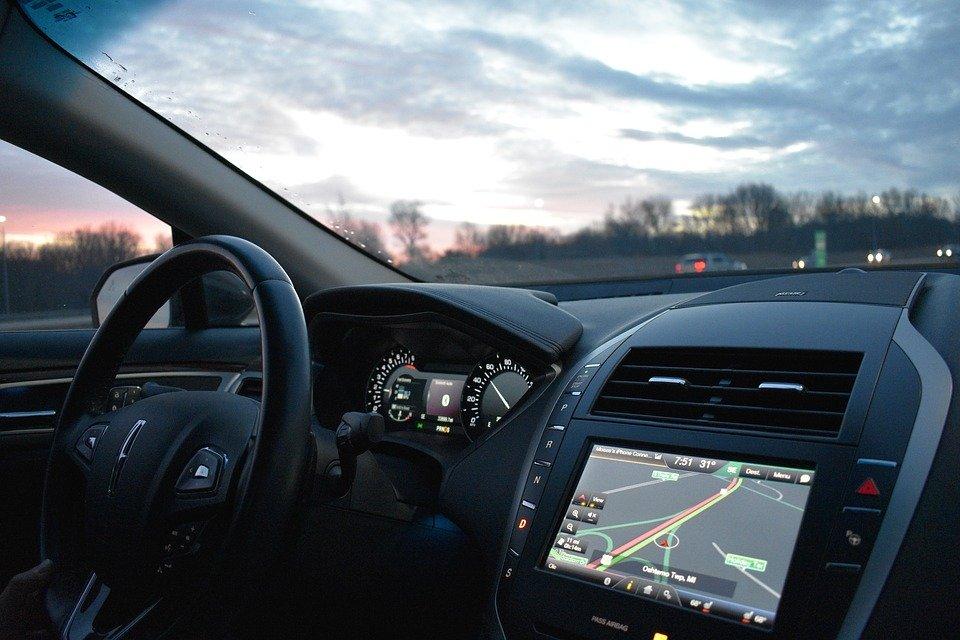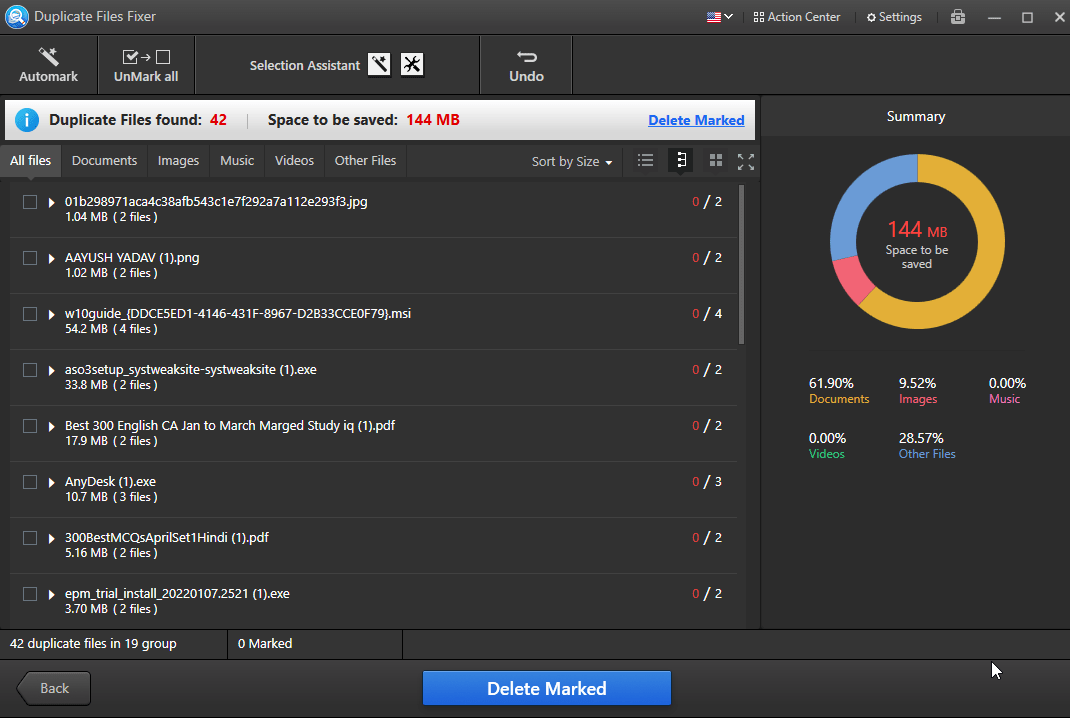
The fight against climate change is a joint effort. While large-scale solutions are crucial, individual actions also play a significant role. Every action, no matter how small, contributes to the larger effort of making the planet Earth greener and healthier
So, what can individuals do to participate in creating a sustainable future? The good news is that there are many ways to contribute to the decarbonization movement, from small changes in daily habits to advocating for broader change. Here are some ideas to get you started
Individual Strategies for Decarbonization
Climate change demands collective action, but individual efforts matter too. Here is how you can create a greener future with everyday choices and your influence on the world around you:
Reduce Energy Consumption
Individuals can contribute to decarbonization by reducing their energy consumption. This practice can be achieved through simple measures such as turning off lights and appliances when not in use, using energy-efficient appliances, and insulating homes to conserve energy.
Transition to Renewable Energy Sources
Another impactful step towards decarbonization is transitioning to renewable energies like solar, wind, or hydroelectric power. Installing solar panels on rooftops or opting for a renewable energy provider can significantly reduce carbon emissions associated with electricity consumption.
Transportation Choices Make a Big Difference:
Transportation Choices Make a Big Difference in carbon emissions globally. Individuals can minimise their ecological footprint by choosing sustainable transportation options like walking, cycling, carpooling, or utilising public transportation.
Individuals can also consider transitioning to electric vehicles or hybrid cars to further help in decreasing carbon emissions from personal transportation.
Conscious Consumerism for a Sustainable Future
Beyond energy and transportation, adopting sustainable lifestyle practices can contribute to reducing your ecological footprint. Resist impulse purchases and focus on buying high-quality, durable items that will last for years. This reduces waste and the associated carbon footprint of production and transportation.
Minimise waste through recycling and composting and choosing eco-friendly products and brands committed to using recycled materials, sustainable production practices, and renewable energy sources.
Advocate for Change
Individuals have the power to influence change. They can advocate for sustainable policies and promote renewable energy and sustainable practices in their communities, workplaces, and government.
This can involve supporting environmentally conscious businesses, participating in climate activism, and engaging in discussions about the importance of decarbonization.
Educate and Raise Awareness
Education is key to fostering widespread understanding and support for decarbonization efforts. Individuals can educate themselves and others about the environmental impacts of carbon emissions and the urgency of transitioning to a low-carbon economy.
Individuals can share information through social media platforms, organising educational events, and participate in community outreach initiatives can help raise awareness and mobilise action.
Benefits of Decarbonization: A Healthier Planet and Population
Decarbonization offers a compelling path toward a healthier planet. By reducing our dependence on fossil fuels, we can significantly curb greenhouse gas emissions, mitigating the worst effects of climate change. This translates to a cooler planet with fewer extreme weather events, rising sea levels, and disruptions to ecosystems.
It improves air quality, leading to a decrease in respiratory illnesses and a healthier population overall. It’s a win-win for both the environment and human well-being.
Building a Sustainable Future with Decarbonization
The decarbonization movement hinges on the collective efforts of individuals to adopt sustainable practices and drive systemic change. By implementing these practices within the domestic sphere, transportation choices, consumer behaviours, and civic engagement, individuals can become active agents of change.
However, individual actions alone may not suffice to achieve a greener future on a global scale. Therefore, it is essential for individuals to Partner with reputable energy brands that can significantly amplify their efforts. Look for companies that prioritise renewable energy sources and offer programs that incentivise energy-saving practices. These brands can provide valuable resources, tools, and support to empower you on your journey.
Remember, every action, big or small, contributes to a cleaner and more sustainable future. By adopting these practices and encouraging others to follow the same, we can collectively make a significant impact on our planet Earth.








